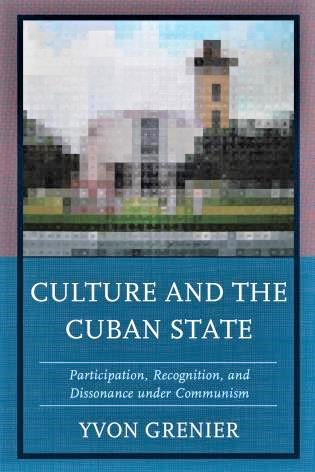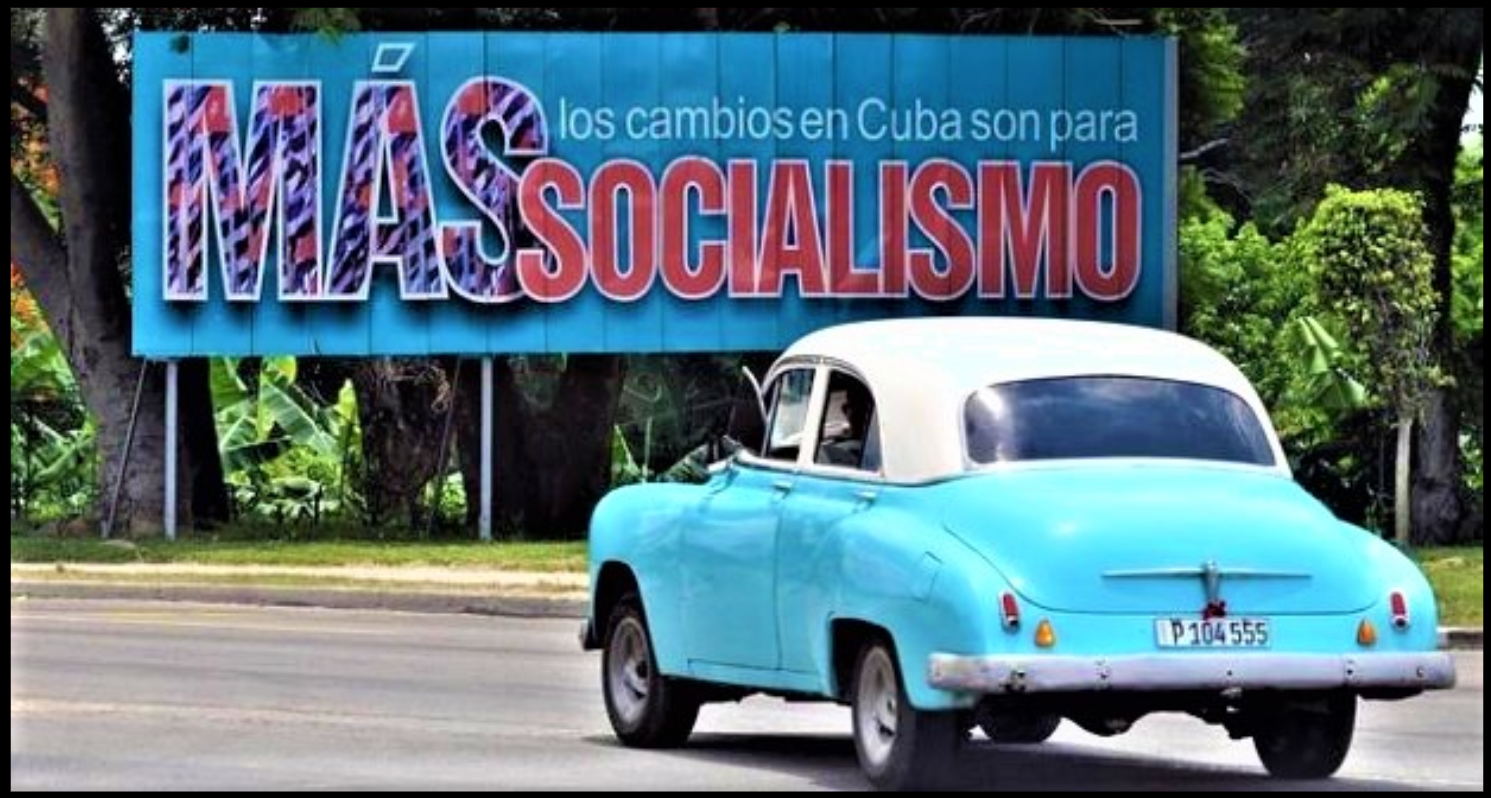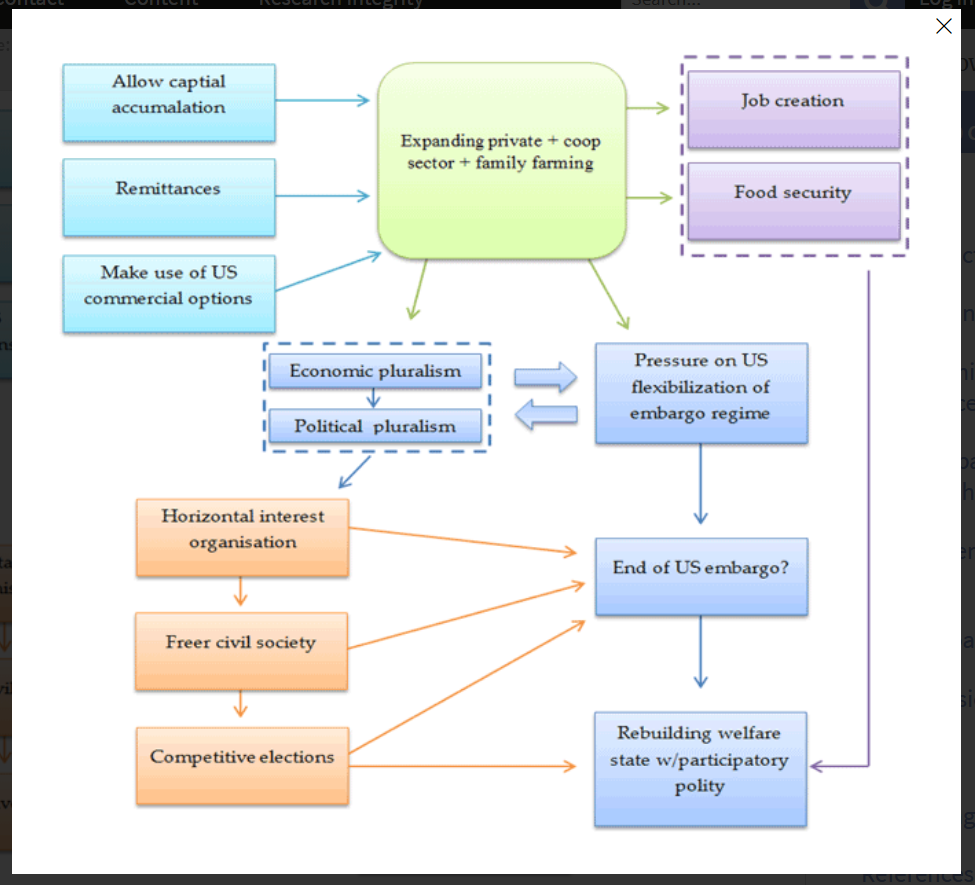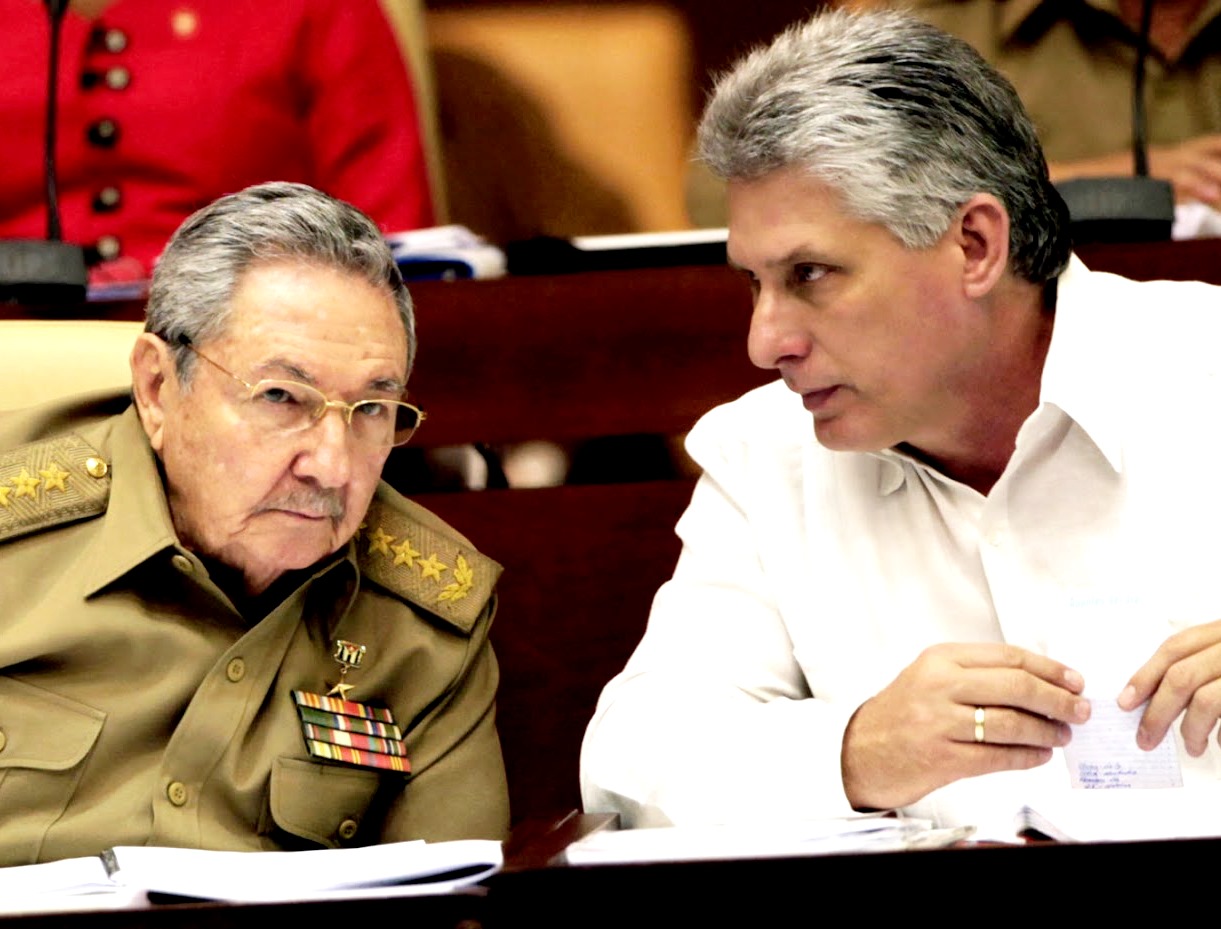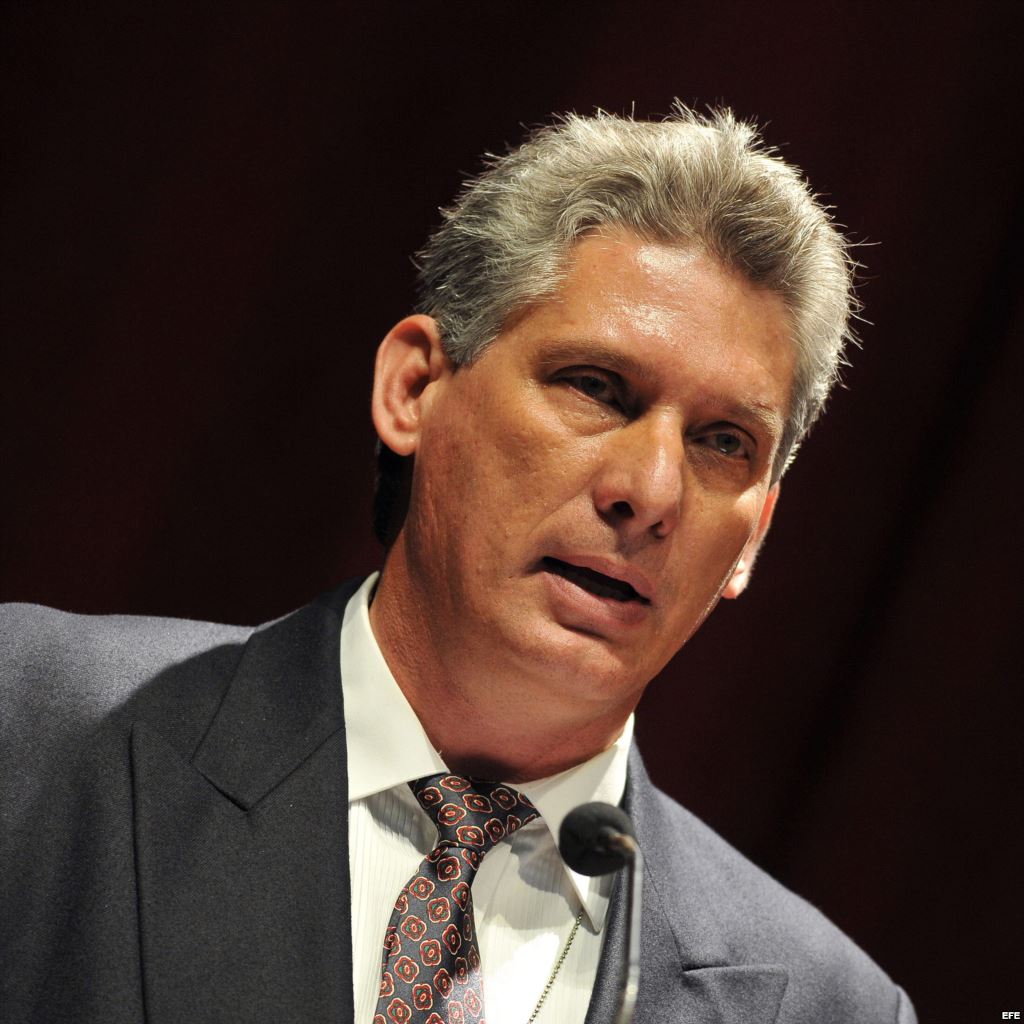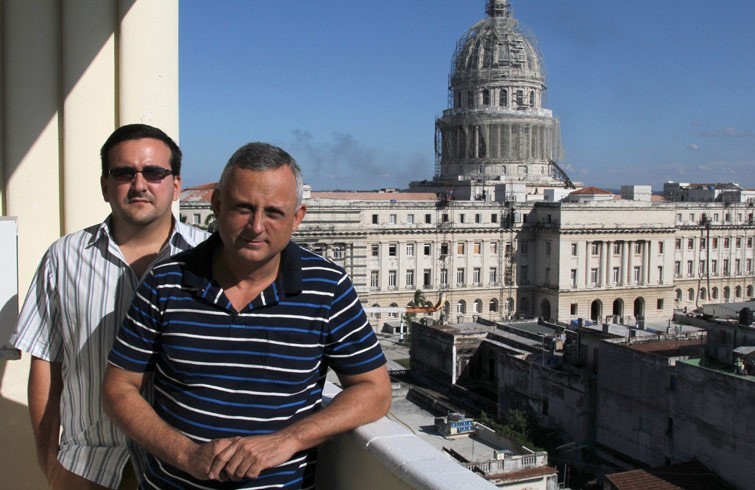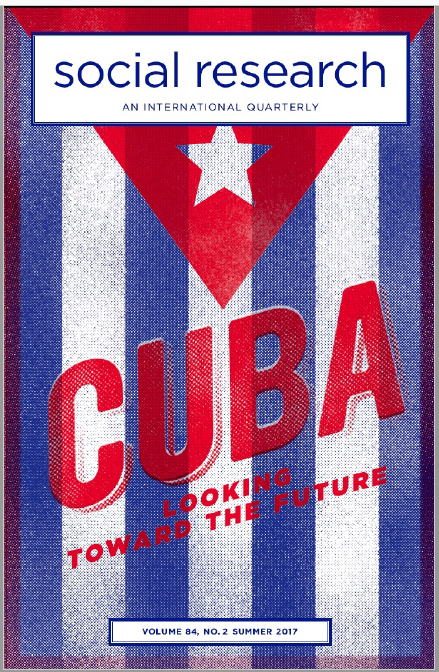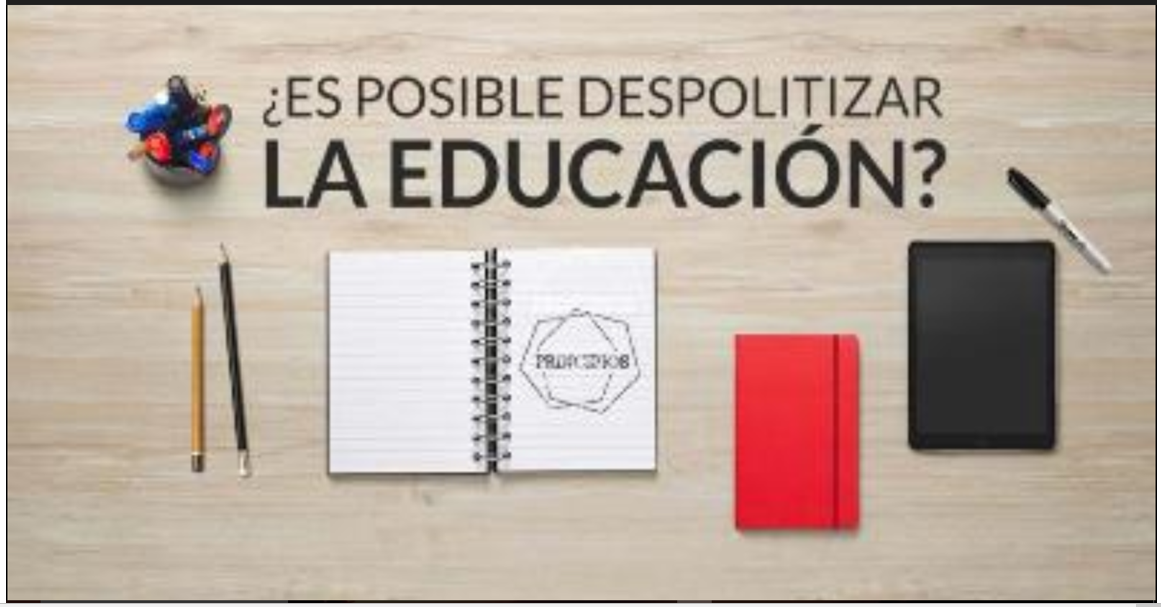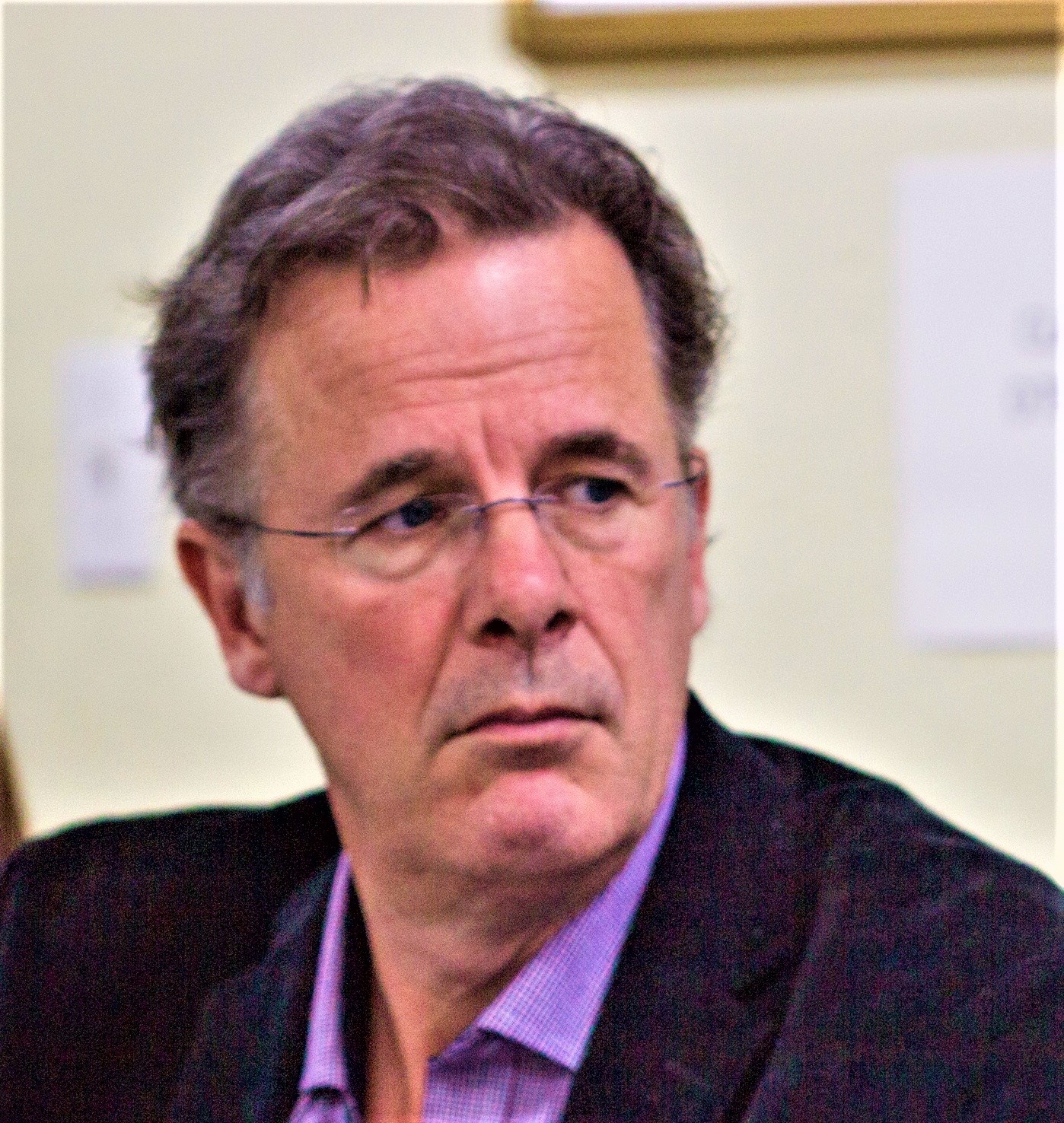 BY WILLIAM M. LEOGRANDE | APRIL 9, 2018
BY WILLIAM M. LEOGRANDE | APRIL 9, 2018
CASTRO’S ATTEMPTS AT REFORM REMAIN UNFULFILLED. WHAT CAN CUBANS EXPECT FROM HIS SUCCESSOR?
Original Article: Raúl’s Unfinished Legacy
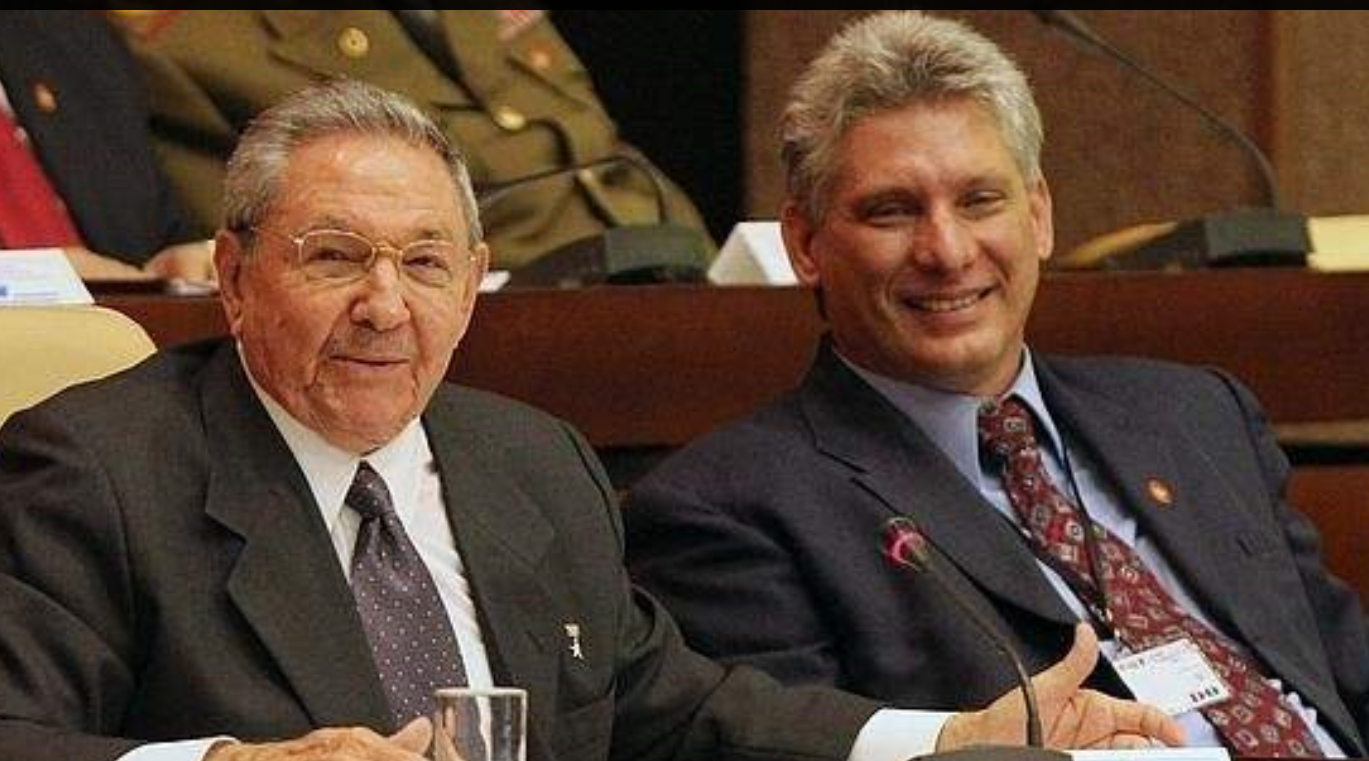 Raúl Castro and Miguel Díaz-Canel,
Raúl Castro and Miguel Díaz-Canel,
This month, Cuba’s Raúl Castro will leave office at the end of his second term as president, having set in motion changes to the island’s economy, politics and social relations more sweeping than any since the revolution in 1959. As he steps down after a decade at the helm, those changes are still a work in progress. The far-reaching economic reforms he launched in 2011 are at best half-finished and the pace of change has slowed. His efforts to strengthen Cuba’s political institutions are about to face the stress test of a generational leadership transition. And the Cuban public is clamoring for a better life and a greater voice. Will Miguel Díaz-Canel, Raúl’s likely successor, be able to carry these changes through to completion?
Throughout Fidel Castro’s 57 years as Cuba’s líder máximo, Raúl was second in command, in the shadow of his charismatic sibling. But behind the scenes, he proved to be an effective manager, turning the rag-tag Rebel Army into the most effective and respected institution in the country. Cuba’s armed forces scored impressive victories in Africa, and then took on domestic economic responsibilities with an efficiency that surpassed most civilian enterprises.
Raúl recognized the inherent shortcomings of the hyper-centralized socialism Cuba adopted from the Soviet Union. As armed forces minister, he mandated the use of market-oriented business practices in the military enterprises under his command and sent officers abroad to business school. When the collapse of the Soviet Union threw Cuba into deep recession, Raúl pushed for the pragmatic use of market mechanisms to jump-start the economy. He overcame Fidel’s reluctance by framing economic recovery as a matter of national security, declaring, “Beans are more important than cannons.”
Updating the economy
Within months of assuming office as acting president in 2006, Raúl let loose a blistering attack on economic inefficiency. “We are tired of excuses,” he told the National Assembly that December. “No one, no individual or country, can afford to spend more than what they have,” he said repeatedly.
The drumbeat of criticism foreshadowed his most ambitious and potentially transformative initiative, the updating of Cuba’s economy. The reforms sought to transform the economy by unleashing market forces, demanding that state enterprises make a profit or close, promoting a significant private and cooperative sector, and welcoming foreign direct investment (FDI) to stimulate growth. The goal: a model of socialism that combined the efficiency and productivity of markets with the social benefits of free health care and education, and minimized inequality.
The reform process has been slow going. As of 2016, only 21 percent of the 313 reforms adopted in 2011 had been completed. Subsidies to failing state enterprises still consume some 20 percent of the state budget – almost as much education. After a period of rapid growth during which the number of registered private sector businesses expanded five-fold, new state regulationsrecently reined them in. While Cuban officials aspire to attract $2.5 billion annually in FDI, they are still well short of the goal. Progress has been slowed by officials who fear the reforms represent a slippery slope toward capitalism, not to mention a threat to their own job security.
State-building
On the political front, Raúl’s changes have been less dramatic, but equally important for the system’s sustainability. Fidel chaffed at the restrictions formal institutions imposed on his political instincts and impromptu decision-making. Raúl has moved Cuba away from a system built around the charismatic and unquestioned authority of the líder máximo to one that relies increasingly on the strength of institutions and collective decision-making. “It is vitally necessary to reinforce the country’s institutions,” he told the Communist Party’s Central Committee in 2008. Only strong institutions could “ensure the continuity of the Revolution when its historic leaders are gone.”
A central tenet of this project has been to fill leadership positions with people who have proven track records of achievement, rather than following Fidel’s penchant for elevating young, inexperienced protégés who quickly crashed and burned – people Raúl mocked as “test tube leaders.” Miguel Díaz-Canel, Raúl’s likely successor, has a decades-long record of effective leadership within the Communist Party and government at both the provincial and national levels.
To underscore the idea that no one is indispensable, Raúl proposed term limits of no more than two five-year terms for all senior party and government posts. When aging leaders stay in power too long, the results are “never positive,” he observed, pointing to the gerontocracy than ran the Soviet Union into the ground. He set the example himself, declaring in 2013 that he would step down in 2018 at the end of his second term.
Raúl also established a more collective leadership style, inviting debate and seeking to build consensus on major issues. In fact, he may have been collegial to a fault, allowing skeptics to slow the implementation of the economic reforms.
Lacking Raúl’s authority as one of the historic leaders of the revolution, Díaz-Canel will most likely have to give even greater deference to the views of others in the leadership, making it tougher to come to decisions on contentious issues.
The expanding public sphere
For someone who spent most of his life running Cuba’s national security apparatus, and battling U.S. efforts to create a fifth column of internal opposition, Raúl has presided over a significant expansion of personal liberty and access to information that has spilled over into political expression. In his inaugural speech as president, Raúl pledged to do away with the “excess of prohibitions and regulations” through which the state controlled a wide range of social interactions. He legalized personal cell phones and computers. He allowed people to sell their cars and houses without going through the state. He repealed the prohibition on Cubans staying in tourist hotels, and abolished the tarjeta blanca exit permit required every time a Cuban wanted to travel abroad.
In 1961, Fidel defined cultural policy as, “Within the revolution, everything. Against the revolution, nothing.” During Raúl’s presidency, the boundaries of what is “within the revolution” have expanded, allowing more space for critical cultural expression, often with political overtones. The expansion of internet connectivity has given Cubans access to a world of information, with only a few dozen sites blocked by censors. Cuban blogs, discussion forums and independent news services have flourished, initiating vigorous online debates on a wide range of issues.
Some senior Cuban officials have voiced concerns that expanded Internet access poses political risks, especially since the United States has repeatedly tried to use it as a means of waging information warfare. Just two months ago, the Trump administration formed a Cuba Internet Task Force as part of its policy to undermine the Cuban government. Nevertheless, Cuban leaders understand that connectivity is a prerequisite for building a 21st Century economy, despite the risk.
The state still represses small dissident groups that advocate overturning Cuba’s socialist system. Instead of the long prison terms meted out during Fidel Castro’s days, however, the state’s current strategy is harassment and disruption. When dissidents try to meet or demonstrate, they are arrested, held for a few hours, and then released.
Díaz-Canel’s attitude toward critics is uncertain. In 2013, he publicly defended a group of students whose critical blog was banned by a university administration. In February 2017, however, he gave a speech to a closed Communist Party meeting attacking prominent online critics as counter-revolutionary. At the very least, that speech signals the continuing influence of party leaders intolerant of critical expression.
The Washington roller coaster
For the last two years of Barack Obama’s presidency, it appeared that normalizing relations between the United States and Cuba would be one of Obama’s and Raúl’s most important legacies. After December 17, 2014, when the two presidents made simultaneous television broadcasts announcing they had decided to re-establish diplomatic relations, their governments made rapid diplomatic progress, reopening embassies and signing two dozen bilateral agreements. The number of U.S. visitors to Cuba more than doubled and U.S. businesses lined up to sign commercial deals with Havana.
But President Donald Trump’s announcement in June 2017 that he was canceling Obama’s policy of engagement has cast doubt on the permanence of the new relationship. Last October, the administration used unexplained injuries suffered by U.S. government personnel in Havana as an excuse to reduce staffing at the embassy so dramatically that it can barely function. Then the administration expelled an equal number of Cuban diplomats from Washington.
For Raúl, the decision to normalize relations was driven by economic imperatives. In the past two decades, tourism has become a pillar of Cuba’s domestic economy, and no country sends more tourists to the Caribbean than the United States. Likewise, Cuba needs $2.5 billion a year in FDI to sustain a decent rate of growth, and no country sends more FDI to the Caribbean than the United States.
But Raúl’s decision was not without risk. From the outset, others in the leadership had doubts about the wisdom of it. Suspicious of U.S. intentions, they worried that defending the revolution from Obama’s soft power might be harder than defending it against open hostility. Those worries went public after Obama’s trip to Cuba in March 2016, when Fidel wrote a critical article for Granma, giving political cover for others to articulate an even tougher line against engagement.
The Trump administration’s hostility reinforces Cuban conservatives who argued from the beginning that Washington could not be trusted. That, in turn, makes it harder for the next Cuban president – and the next U.S. president – to get normalization back on track.
Unfinished business
The timely and constitutionally prescribed succession of leaders signals the institutional strength of the Cuban regime. That said, Díaz-Canel inherits a formidable agenda of tough issues: fundamental economic changes that are desperately needed but still incomplete, a rapidly evolving public sphere in which Cubans are better informed and more outspoken but have few ways to hold leaders accountable, and an uncertain relationship with Washington that is likely to get worse before it gets better.
If Díaz-Canel can successfully carry through to completion the transformations Raúl began, Raúl will be remembered as Cuba’s Deng Xiaoping – the revolutionary Chinese founder who achieved détente with the United States and began the transition from a failed centrally planned socialism to an economically viable market socialism. But if relations with Washington remain mired in animosity and the economic reforms fail, Raúl will be remembered as just one more reform communist who could not force the system to change despite his best efforts.
LeoGrande is Professor of Government at American University in Washington, DC, and co-author with Peter Kornbluh of Back Channel to Cuba: The Hidden History of Negotiations between Washington and Havana (University of North Carolina Press, 2015).

